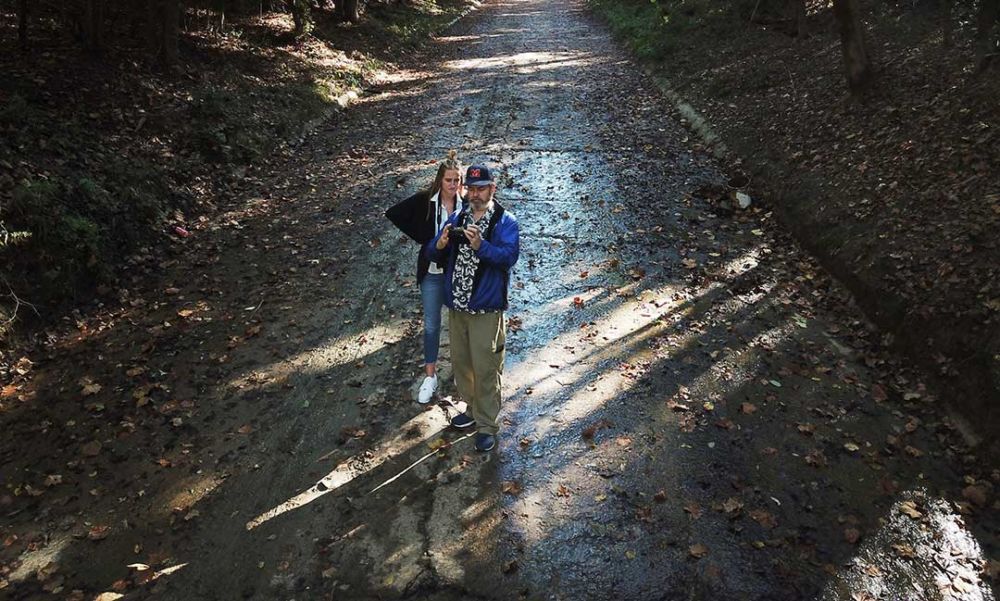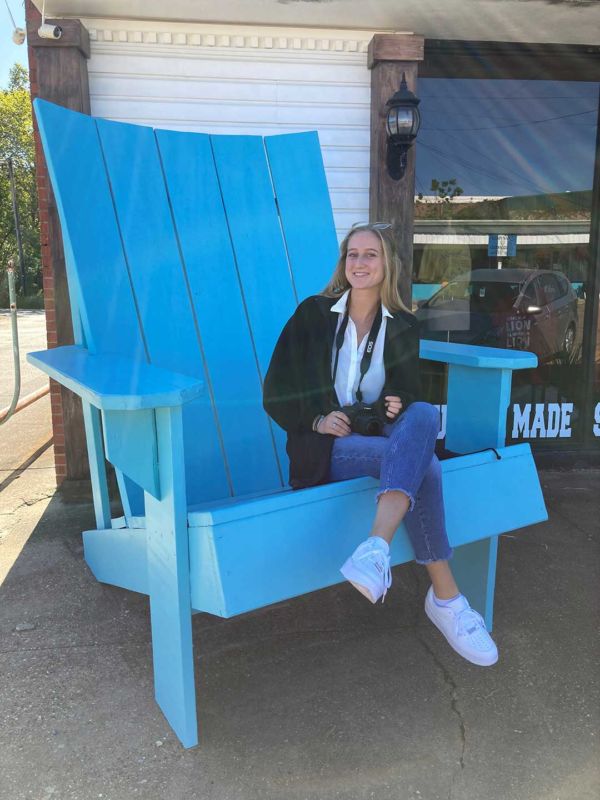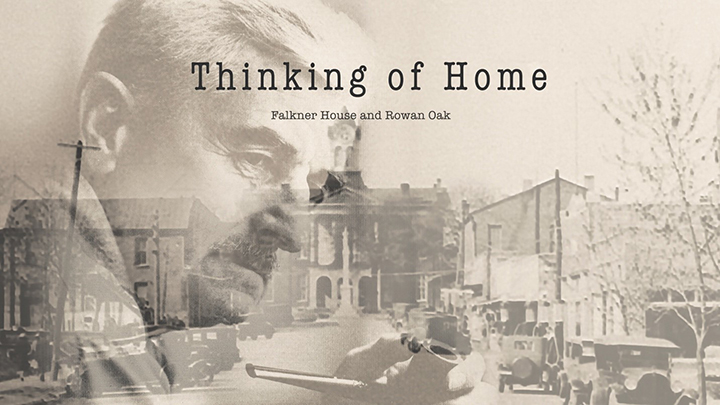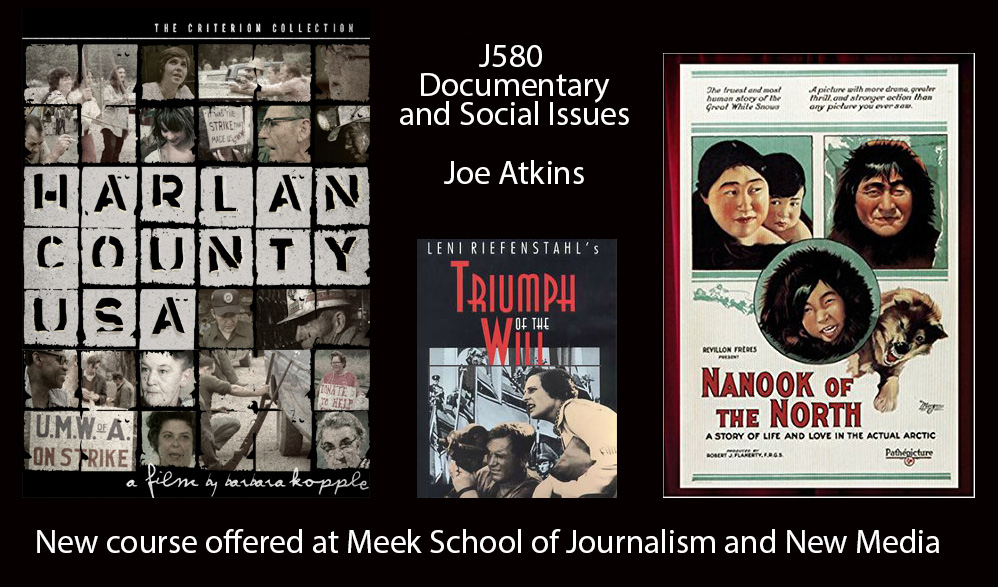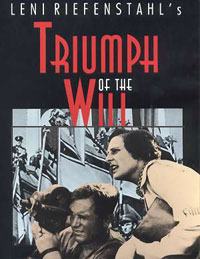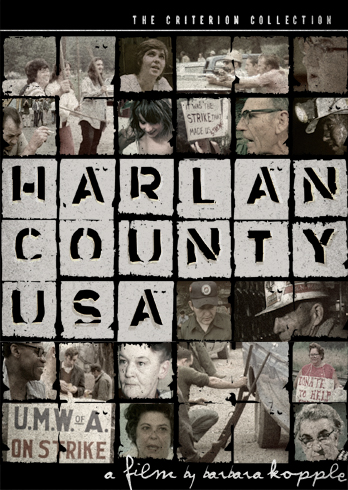
Emma Harrington
A University of Mississippi School of Journalism and New Media student has been named one of the winners of the 48th annual Gracie Awards.
Emma Harrington was one of the Television Student Winners for her documentary “Wyatt Waters: Below the Surface.”
Student Media Director Larz Roberts said he was surprised but not shocked to hear of Harrington’s win.
“Emma is sharp and she keeps her motor running,” he said. “Her work reflects that. Spend 10 minutes in a room talking with her and anyone can see how Emma representing Ole Miss on the national stage for that honor just makes sense. I’m happy the Gracies recognize the quality of student we have in Emma Harrington through her documentary.”
Read Harrington’s description of the documentary below:
“Mississippi is not a big place or a famous place. Yet somehow, truly amazing people arise here. William Faulkner and Eudora Welty set their stories here. Bo Diddley, Robert Johnson and Elvis Presley strummed their first guitar chords here while Medgar Evers and Myrlie Evers worked to change the world. Ethel Wright Mohamed and Walter Anderson captured the small world around them in scenes that now reside in the Smithsonian. Wyatt Waters stands humbly in this famous crowd, a nationally recognized painter… and so much more.
“With little more than a cup of water and a squeeze of pigment, he captures a forever frozen feeling… a moment in time deciphered masterfully onto a sheet of Arches paper. Paper colored not only with pigment, but with words and with music. He is first a painter. A lifelong, everyday, out in the heat or cold or rain, anywhere and everywhere kind of painter. His ability to see…to really see allows us to become a part of his work. Maybe there is another reason his paintings also capture us. We’ll take you below the surface of the painter. I hope you enjoy learning more about this amazing artist.”
Harrington said she hopes others see the beauty of Mississippi in her work.
“Many things have described Mississippi over the years, not all of them positive,” she said. “However, Mississippi has produced some of the most talented and inspirational people in history. Wyatt Waters is one of them.”
The Gracies are presented by the Alliance for Women in Media Foundation. The awards recognize outstanding programming and individual achievement created by women, for women, and about women in all facets of media in news and entertainment.
Local and student award-winners will be recognized at the Gracie Awards Luncheon on June 20 at Cipriani in NYC, according to award website.
This year’s theme is “Storytelling.” The awards were inspired and named after actress Gracie Allen.
Harrington said she hopes people are inspired to follow their dreams after watching her documentary.
“Wyatt didn’t come from much, but he made something of himself with a paintbrush and a dream,” she said. “He worked hard and never gave up, even when giving up would have been a whole lot easier.
“If you think the world wants you to give up, I hope this documentary can convince you otherwise. I never thought a girl like me from small town Mississippi could win such a prestigious award as a Gracie, and yet here I am. Find your people and chase your dreams.”
You can watch Harrington’s documentary here.
Click here to read the complete list of Gracie winners.
This story was written by LaReeca Rucker.

